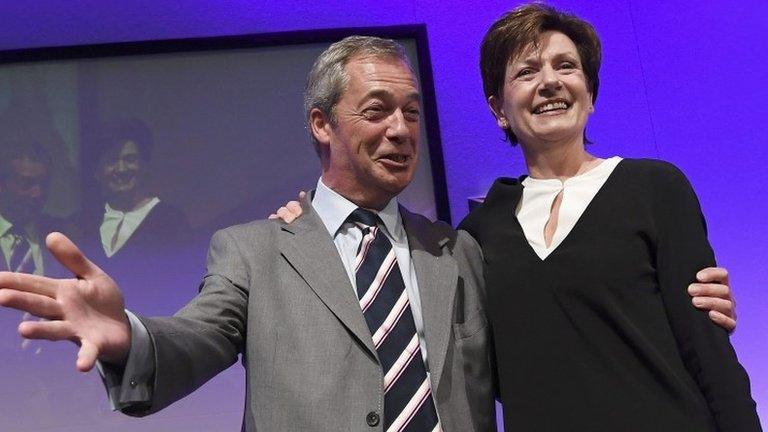UKIP leadership rivals spar over who can unite the party
- Published
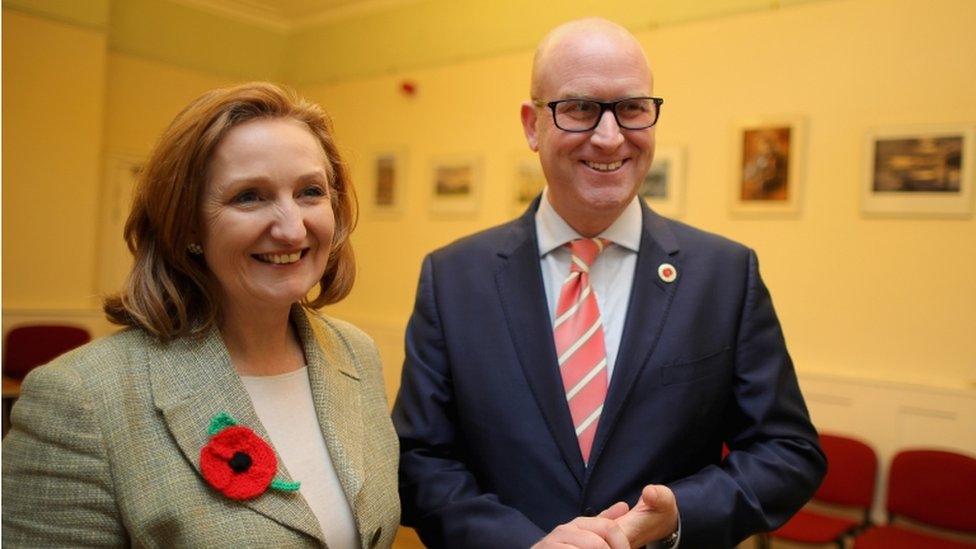
Suzanne Evans and Paul Nuttall are seen as the frontrunners
UKIP leadership contender Paul Nuttall has told the BBC only he can "get a grip" on the party, following a series of upsets in recent months.
Since Nigel Farage quit as leader, his successor resigned 18 days into the job and another contender left the party following a fracas with a fellow MEP.
Mr Nuttall's rival Suzanne Evans said she could widen UKIP's reach, appealing to women and ethnic minority voters.
Third hopeful John Rees-Evans has vowed to give more power to the grassroots.
UKIP's new leader will be announced on 28 November.
Mr Nuttall and Ms Evans are seen as the front-runners while Mr Rees-Evans has claimed the leadership will be a "coronation".
The contest is the second since the party's long-term leader Mr Farage quit in June in the wake of the UK's vote to leave the European Union.
UKIP leadership: The contenders
Where did it all go wrong for UKIP?
Mr Farage returned as interim leader after his replacement Diane James quit in October just over two weeks into the job, saying she did not have "sufficient authority" to see through the changes she had planned.
Soon afterwards the man seen as the favourite to succeed her, Steven Woolfe, quit the party altogether after being involved in a fracas at the European Parliament with another UKIP MEP.
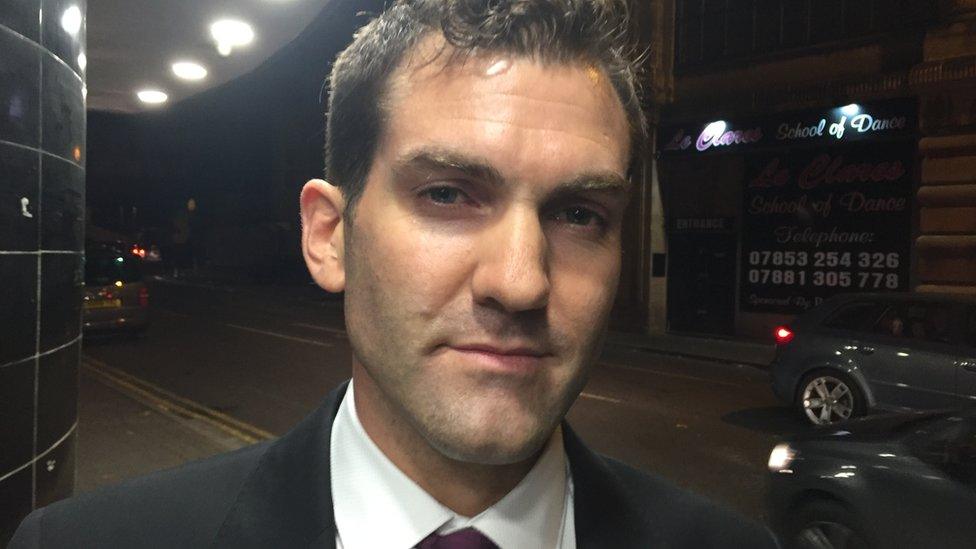
Businessman John Rees-Evans has claimed the party wants a "coronation"
Mr Nuttall, who was Mr Farage's deputy leader for six years, told BBC One's Daily Politics: "I'm standing on a platform of unity and experience.
"I believe that the party has to come together if it is not only to survive but prosper. I believe I'm the best candidate to ensure that happens. I'm not part of any faction of the party and beyond that I've done every job in the party."
He added: "UKIP has to unite, we are on 13% in the opinion polls, the future is bright, there are open goals but UKIP has to be on the pitch to kick the ball in."
Ms Evans, the former party deputy chairman who was suspended from it due to an internal dispute during the last leadership contest, told the BBC: "I have a huge amount of experience in the party as well and I have also got a background that I think means I can help bring people together."
Putin 'getting it right'
She said the party was "at its best when it is scaring the political establishment", but it had to start winning seats at elections "right across the country" by broadening its appeal to women, ethnic minority voters and Labour supporters.
Both were critical of the controversial "Breaking Point" poster that Mr Farage unveiled during the EU referendum campaign that showed a long line of migrants.
Ms Evans said it was the "wrong poster at the wrong time", while Mr Nuttall described it as "clumsy and I thought it was wrong to do so just a week before the referendum" - although he added that it had addressed "genuine concerns" about immigration.
Asked whether they admired Russian President Vladimir Putin, while Ms Evans said: "No, I don't" - citing his actions in Ukraine, Georgia and the Alexander Litvinenko case - Mr Nuttall said that "in the Middle East he is generally getting it right in many areas", but added that he thought he was "pretty much a nasty man".
He said: "We need to bring the conflict in Syria to an end as fast as possible. The British line and the American line before Trump has been 'Let's arm these rebels.' These rebels include the al-Nusra Front, which is affiliated to al-Qaeda, the Syrian mujahideen which is linked to the Taliban. We need to clear these people out and ensure that Syria becomes a stable state."
Businessman Mr Rees-Evans stormed out of a hustings meeting in Newport earlier this month claiming he had been asked not to "rock the boat".
He told the programme he wanted to offer members the chance to propose policies via a "UKIP Direct" website, saying: "We have really dedicated passionate supporters who feel like they are not really being listened to... even at a branch level, people feel that there is not adequate flow of communication up and down the party. I want to rectify all of that."
While he is in favour of the death penalty, Mr Rees-Evans said he would not have the authority to determine party policy on the issue without putting it to the members.
He said the "mainstream media" was trying to trivialise his campaign by focusing on "pretty irrelevant" issues, but added: "What I'm actually trying to do in this party is trying to revolutionise the democratic process in the UK."
- Published4 November 2016
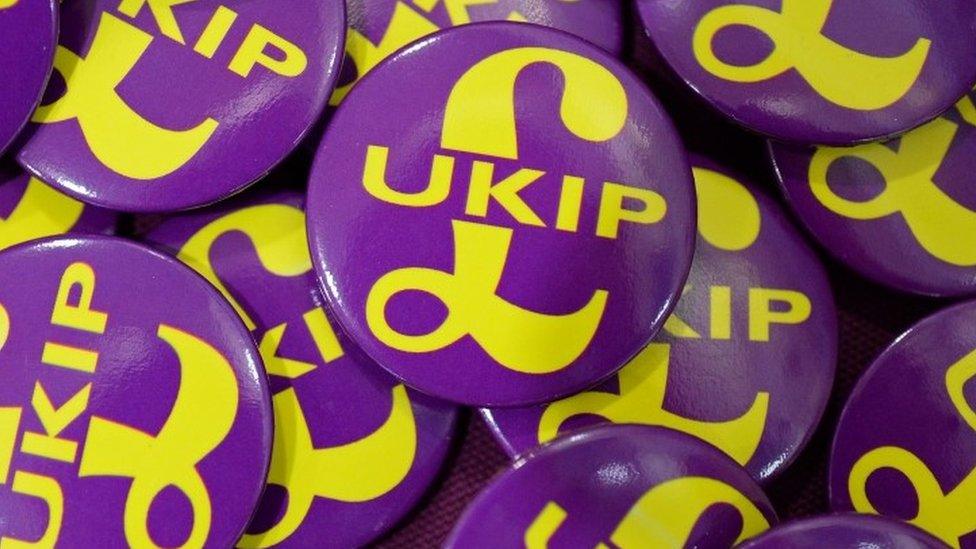
- Published5 October 2016
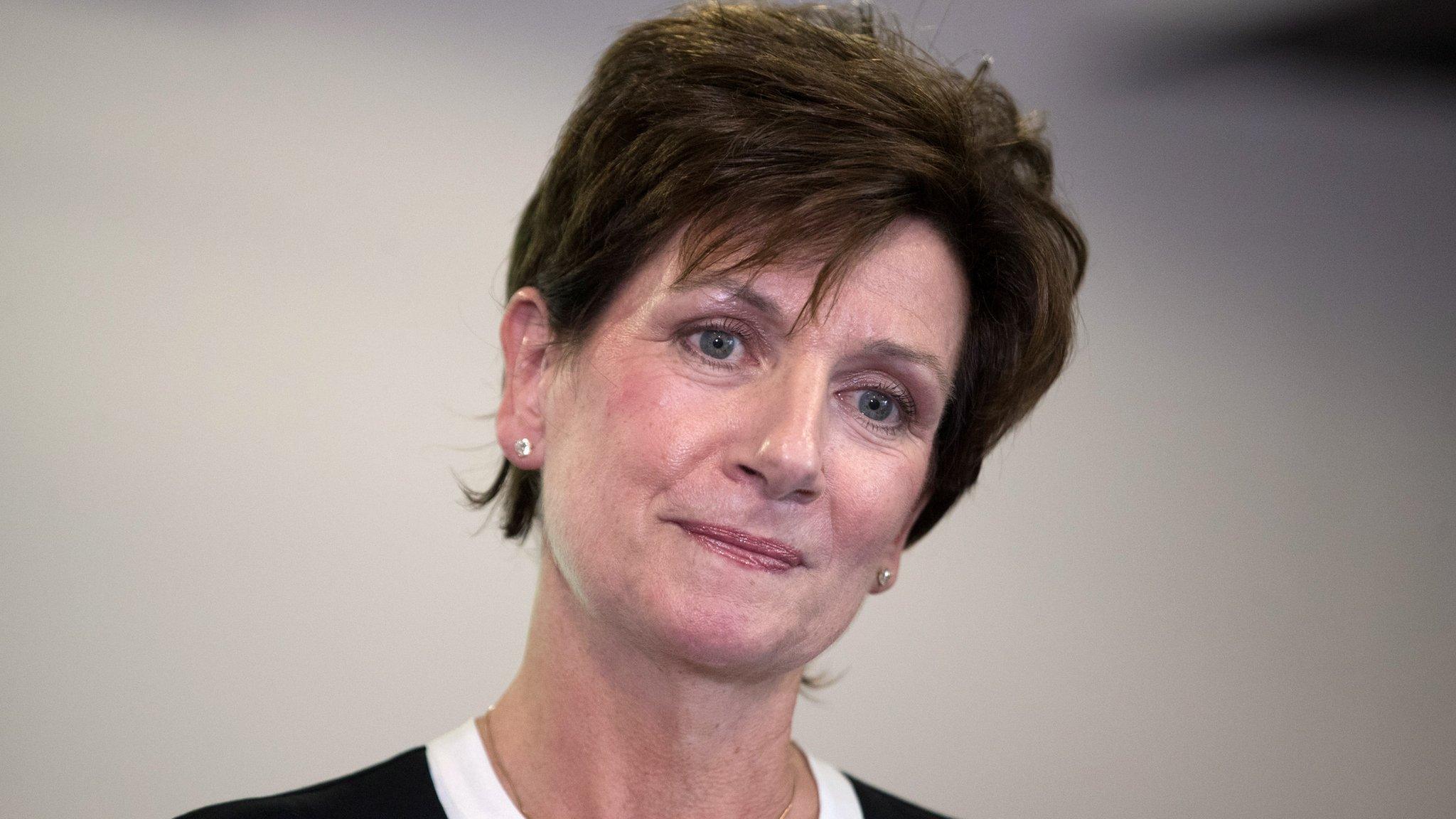
- Published5 October 2016
